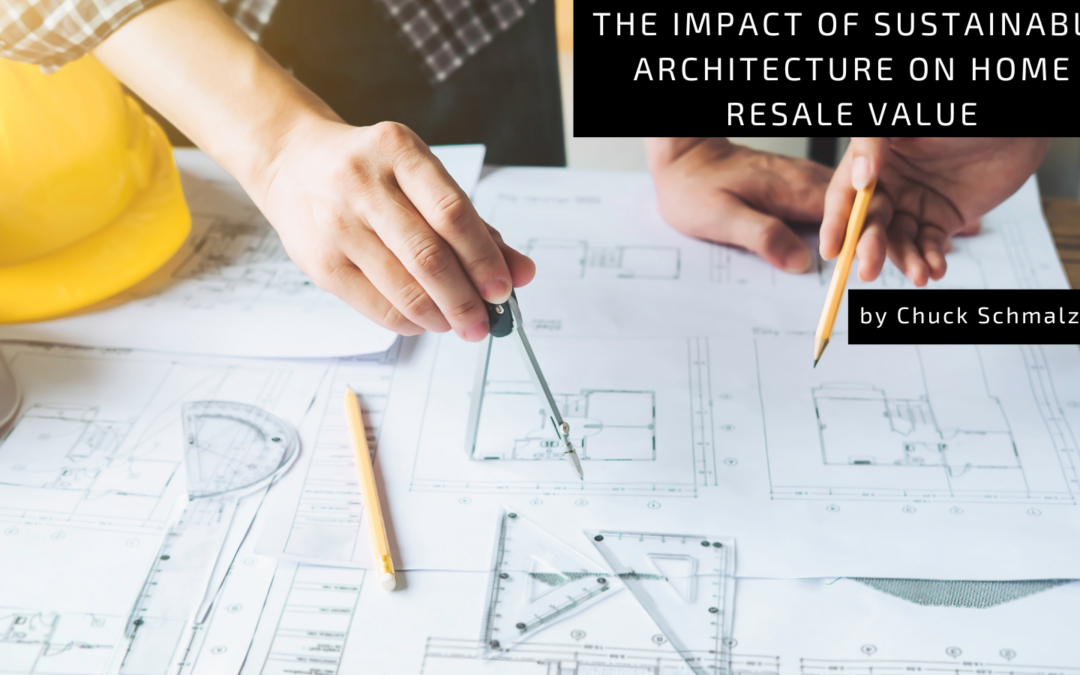Sustainability has become a buzzword beyond eco-conscious living in the ever-evolving real estate landscape. Homebuyers increasingly recognize the long-term benefits of sustainable architecture, not only for the environment but also for the potential boost it can provide to home resale values.
One key factor contributing to sustainable architecture’s impact on resale value is the growing demand for environmentally friendly living spaces. As society becomes more conscious of its ecological footprint, prospective homebuyers seek homes that align with sustainable principles. A home with energy-efficient appliances, solar panels, and eco-friendly building materials appeals to environmentally-conscious buyers and positions the property as a forward-thinking investment.
Energy efficiency is a significant component of sustainable architecture that directly influences home resale value. Homes designed with energy-efficient features, such as well-insulated walls, high-performance windows, and energy-efficient heating, ventilation, and air conditioning (HVAC) systems, translate into lower utility costs for homeowners. Potential buyers recognize the financial benefits of reduced energy consumption, making these homes more attractive in the competitive real estate market.
Renewable energy sources, such as solar panels, enhance a home’s sustainable profile and resale value. Solar panels contribute to lower energy bills and represent a commitment to clean energy. Many homebuyers are willing to pay a premium for a property with existing solar infrastructure, recognizing the long-term cost savings and positive environmental impact.
Sustainable architecture often includes features that promote healthier indoor living environments. Materials with low or zero volatile organic compounds (VOCs), efficient ventilation systems, and the use of natural light contribute to better air quality and overall well-being. Homes designed with occupant health in mind will likely attract buyers who prioritize a healthy lifestyle, potentially influencing resale values positively.
In addition to tangible features, sustainable architecture often carries a perception of quality and durability. Homes built with eco-friendly materials and construction practices may require less maintenance over time, presenting an appealing prospect for buyers looking for long-term investment value. The durability of sustainable building practices can contribute to a positive reputation for the property, further influencing resale potential.
In conclusion, the impact of sustainable architecture on home resale value is multifaceted, encompassing environmental considerations, energy efficiency, occupant health, and long-term durability. As the demand for sustainable living grows, homes with eco-friendly features will likely command higher resale values in the real estate market. For homeowners looking to invest not only in their immediate living space but also in the long-term value of their property, sustainable architecture proves to be a wise and forward-thinking choice.

